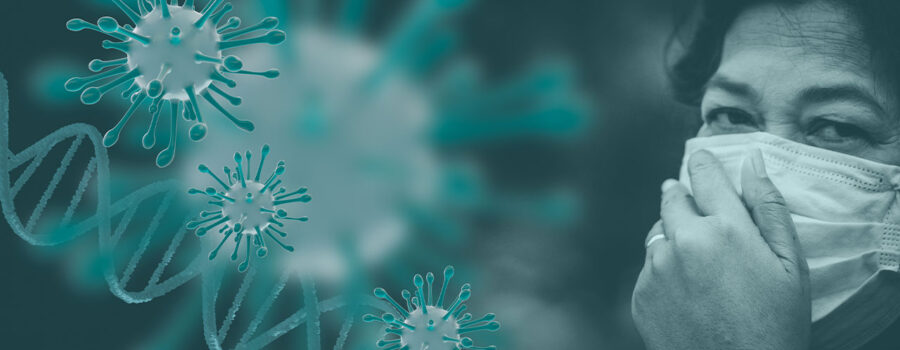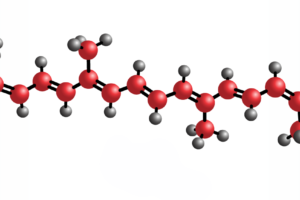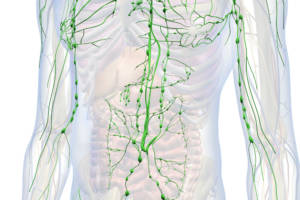Spirulina, a blue-green algae, has garnered significant attention for its potential health benefits, particularly during the COVID-19 pandemic. This superfood is rich in proteins, vitamins, minerals, and antioxidants that can bolster the immune system. Recent studies have explored Spirulina’s efficacy in enhancing immune function and its potential role in mitigating the effects of viral infections like COVID-19.
Immune-Boosting Properties of Spirulina
Spirulina is packed with essential nutrients known to support immune health. It contains high levels of protein, vitamins (such as B1, B2, B3, B6, B9, C, D, A), minerals (including iron, magnesium, and calcium), and antioxidants like phycocyanin. These components work synergistically to enhance the body’s natural defense mechanisms.
Phycocyanin: A Potent Antioxidant
Phycocyanin is one of the most potent antioxidants found in fresh Spirulina. It has been shown to reduce oxidative stress by neutralizing free radicals. Oxidative stress can weaken the immune system and make individuals more susceptible to infections. By mitigating this stress, phycocyanin helps maintain a robust immune response.
Studies on Spirulina and Viral Infections
Several studies have demonstrated Spirulina’s effectiveness against various viral infections:
- In Vivo Studies on Mice: Research conducted on mice has shown that fresh Spirulina can help them cope with coronavirus and other viral infections. These studies identified several promising compounds within Spirulina that could enhance immune function.
- Human Clinical Trials: Clinical trials involving human participants have also indicated that fresh Spirulina supplementation can improve immunity. For instance, a review of clinical trials found that various supplements, including those derived from algae like Spirulina, helped prevent or manage viral infections such as COVID-19.
Mechanisms of Action Against SARS-CoV-2
Antiviral Metabolites
Fresh Spirulina contains several antiviral metabolites that may inhibit the replication of SARS-CoV-2:
- Phycocyanobilins: These chromophores exhibit antiviral properties against SARS-CoV-2 by interfering with viral replication.
- Algal Glycans: These complex carbohydrates can block virus entry into host cells by binding to viral particles.
- Sulfated Polysaccharides: These compounds have been shown to inhibit viral attachment and penetration into host cells.
Anti-inflammatory Effects
COVID-19 often triggers an excessive inflammatory response known as a cytokine storm, which can lead to severe complications. The anti-inflammatory properties of fresh Spirulina help modulate this response:
- Reduction in Pro-inflammatory Cytokines: Studies have shown that fresh Spirulina can reduce levels of pro-inflammatory cytokines such as IL-6 and TNF-alpha.
- Enhancement of Anti-inflammatory Cytokines: Simultaneously, it boosts anti-inflammatory cytokines like IL-10.
Real-world Applications and Future Research
Given its promising properties, incorporating fresh Spirulina into diets could be a valuable strategy for enhancing immunity during the pandemic:
- Nutritional Supplementation: Regular consumption of fresh Spirulina as part of a balanced diet could provide essential nutrients that support overall health and immunity.
Future research should focus on large-scale clinical trials to validate these findings and explore optimal dosages for different populations.
Results
Within seven days, there were no deaths in the Spirulina group, while 15 deaths (15.3%) occurred in the control group. Moreover, within seven days, there was a greater number of patients discharged in the Spirulina group (97.7%) in non-ICU compared to the control group (39.1%) (HR, 6.52; 95% CI, 3.50 to 12.17). Overall mortality was higher in the control group (8.7% non-ICU, 28.8% ICU) compared to the Spirulina group (non-ICU HR, 0.13; 95% CI, 0.02 to 0.97; ICU, HR, 0.16; 95% CI, 0.05 to 0.48). In non-ICU, patients who received Spirulina showed a significant reduction in the levels of IL-6, TNF-α, IL-10, and IP-10 as intervention time increased. Furthermore, in ICU, patients who received Spirulina showed a significant decrease in the levels of MIP-1α and IL-6. IFN-γ levels were significantly higher in the intervention group in both ICU and non-ICU subgroups as intervention time increased. No side effects related to Spirulina supplements were observed during the trial.
Conclusion
High-dose Spirulina supplements coupled with the standard treatment of COVID-19 may improve recovery and remarkably reduce mortality in hospitalized patients with COVID-19.
Fresh Spirulina shows considerable promise as an immune booster against COVID-19 due to its rich nutrient profile and potent antiviral properties. It offers a complementary approach to traditional medical interventions in managing the pandemic by supporting immune function and reducing inflammation.
Top 3 Authoritative Sources Used in Answering this Question
- World Health Organization (WHO)
- The WHO provides comprehensive information on global health issues including nutritional guidelines and pandemic responses.
- National Institutes of Health (NIH)
- The NIH conducts extensive research on dietary supplements and their impact on health, offering valuable insights into substances like Spirulina.
- Centers for Disease Control and Prevention (CDC)
- The CDC offers detailed data on infectious diseases and public health recommendations which are crucial for understanding the broader context of using dietary measures during pandemics.






Recent Comments